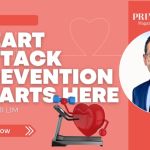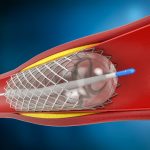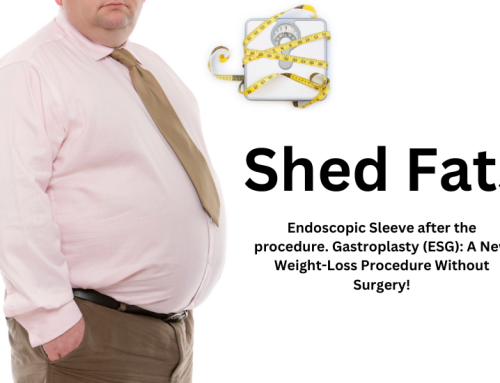High Blood Pressure Explained: Causes, Risks & Treatment Options
By Dr John Wang, Vascular Surgeon
Meet Dr John Wang
I’m Dr John Wang, a vascular surgeon at Pan Asia Surgery and the Advanced Vascular & Endovascular Clinic. My role is often described as being a “human plumber.” I treat patients with vascular diseases such as aneurysms, blocked arteries, and varicose veins.
While most people see general practitioners, cardiologists, or nephrologists for high blood pressure, vascular surgeons like me can also help in specific cases. Let’s explore why.
What Is Hypertension?
Normal blood pressure is about 120/80 mmHg. The top number (systolic) should be 100–120, while the bottom number (diastolic) should be 60–80.
In 2003, the Joint National Committee defined high blood pressure as 140/90 mmHg or higher. In 2017, the American College of Cardiology and American Heart Association lowered the threshold to 130/80 mmHg.
There are two main types:
-
Essential hypertension: the most common, linked to age, gender, obesity, smoking, and lack of exercise.
-
Secondary hypertension: caused by underlying issues such as kidney artery narrowing or adrenal gland tumors.
Symptoms of High Blood Pressure
Most people—around 80%—have no symptoms at all. The only way to know for sure is to measure your blood pressure with a cuff.
When symptoms do appear, they may include:
-
Headaches
-
Dizziness
-
Chest heaviness
-
Shortness of breath
Serious cases can cause:
-
Chest pain (possible heart attack)
-
Severe chest-to-back pain (aortic dissection)
-
Sudden breathlessness (pulmonary edema)
-
Numbness, paralysis, or slurred speech (possible stroke)
Who Gets Hypertension?
High blood pressure does not discriminate. I have treated patients as young as their 30s and others well into their 90s.
Can Hypertension Be Cured?
There is no magic food or fruit that can cure it. However, treatment is highly effective. Doctors usually start with one medication, then adjust the dose or add more if needed.
The goal is to keep blood pressure below 130/80 mmHg. Some patients may require two, three, or even four medications to stay within range.
Side Effects of Medication
Medication helps, but it can also bring side effects. For example:
-
Beta-blockers: lower heart rate but may cause fatigue or low mood.
-
Diuretics: reduce fluid but may cause cramps or affect kidney function.
-
Other drugs: can cause dry coughs, headaches, or erectile dysfunction.
When patients take multiple medications (polypharmacy), confusion increases, and compliance often drops. That’s why clear instructions and careful monitoring are essential.
What Happens If You Skip Medication?
About 30–40% of patients don’t take their medicines as prescribed. This increases the risk of:
-
Stroke
-
Heart failure
-
Kidney damage
-
Peripheral artery disease
These complications can be life-threatening and lead to higher healthcare costs.
Advanced Treatment: Renal Denervation Therapy
For patients with refractory hypertension—blood pressure that remains high despite three or more medications—there is another option: renal denervation therapy (RDN).
This minimally invasive procedure targets the nerves around the kidney arteries. By disrupting overactive signals, it helps lower blood pressure by 5–10 points, around the clock.
RDN is already CE-marked in Europe and FDA-approved in the U.S. for treating refractory hypertension. It is safe and effective.
If you think you may qualify, call our clinic for a full assessment. We’ll check your eligibility and explain whether RDN is right for you. PRIME












Leave A Comment